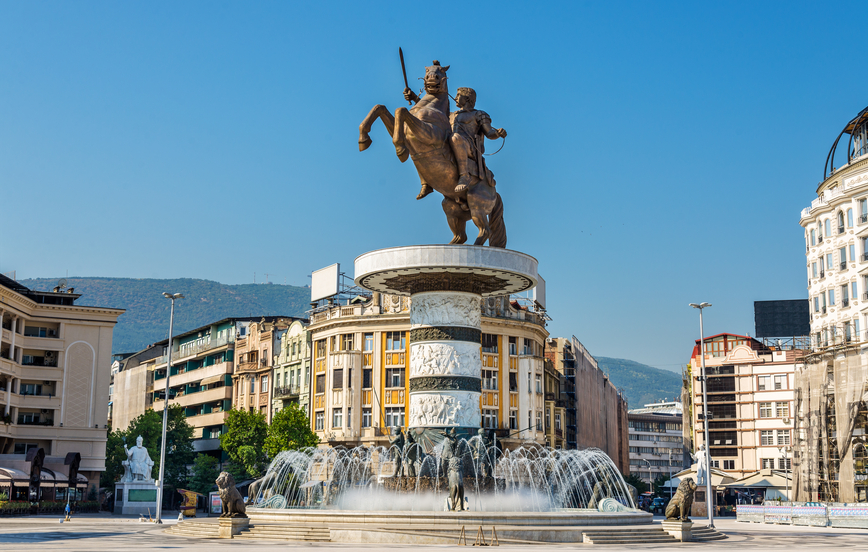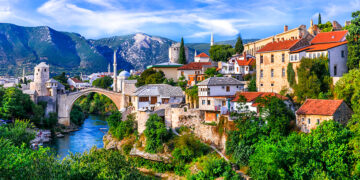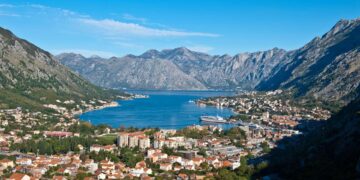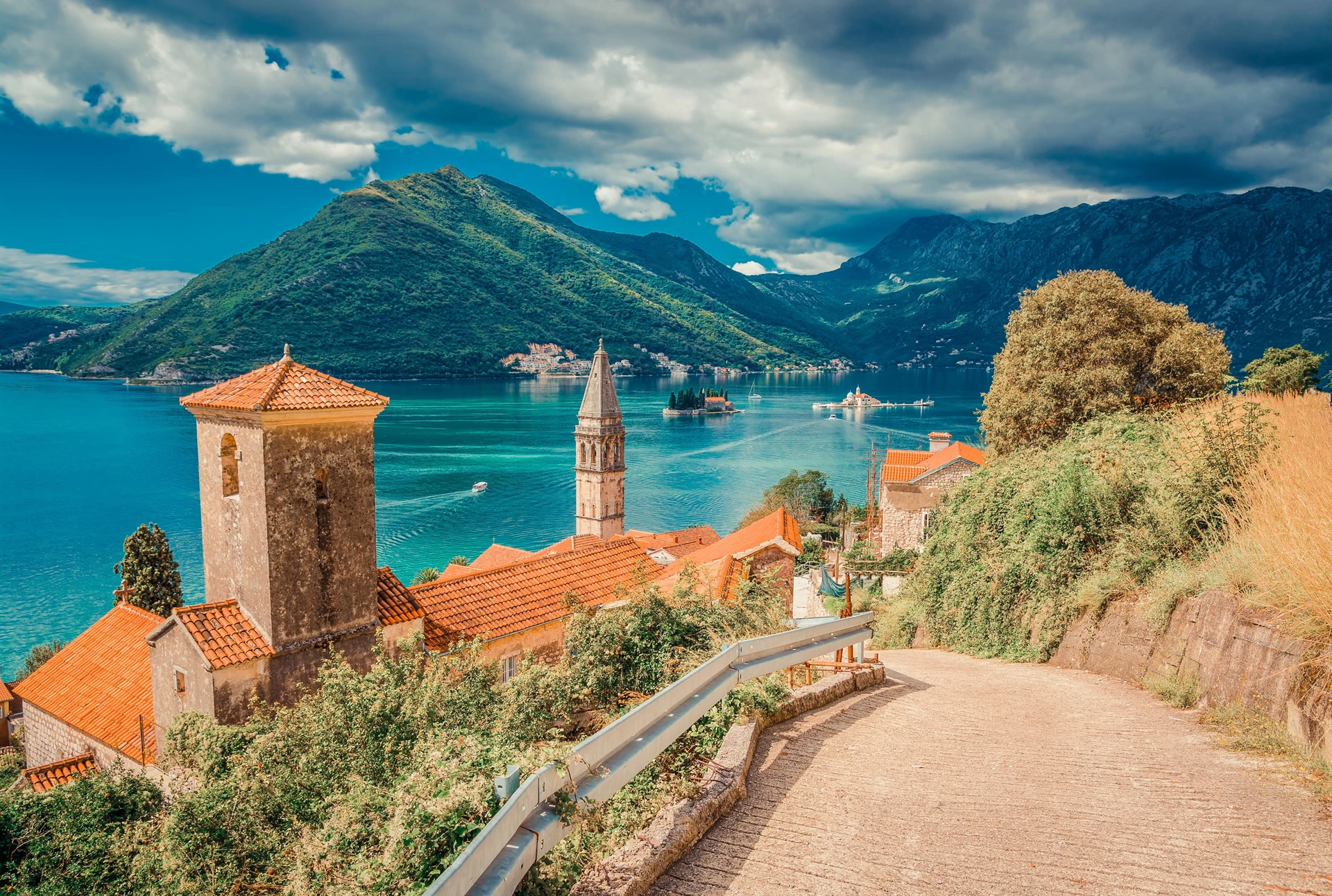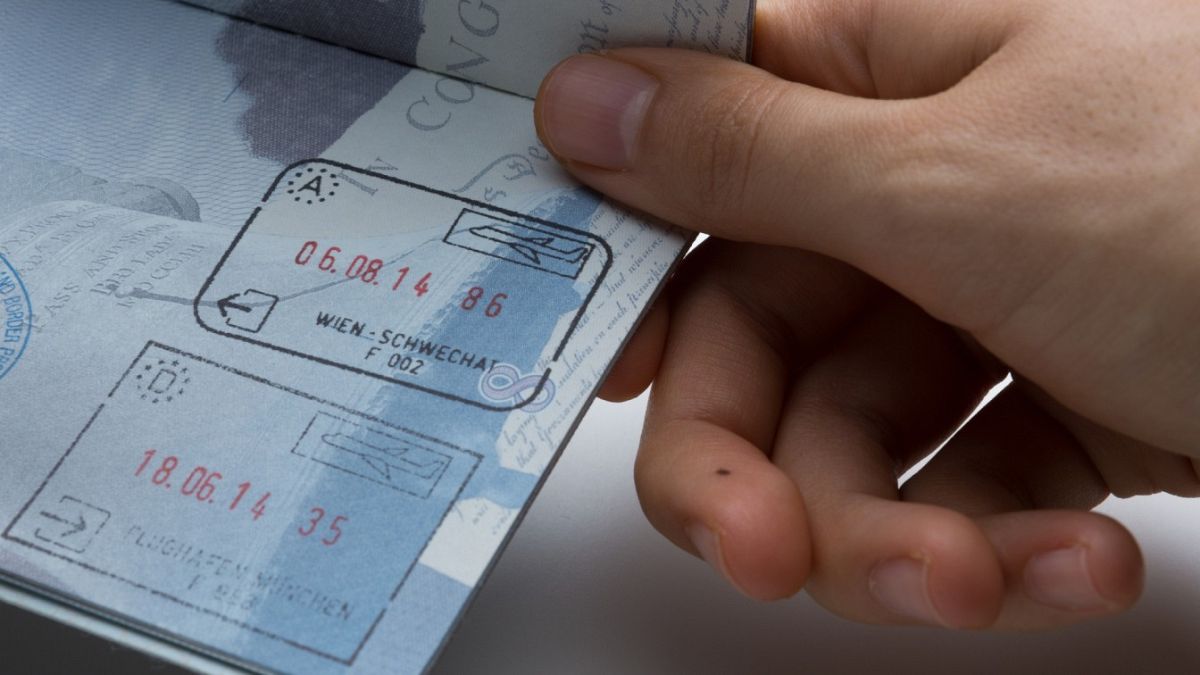Unlocking the Balkans: Essential Travel Tips for First-Time Visitors
Your Complete Guide to Exploring the Balkans: Visas, Transportation, Safety, and Cultural Etiquette for First-Time Visitors
The Balkans, a captivating region in Southeastern Europe, beckons travelers with its rich history, diverse cultures, stunning landscapes, and warm hospitality. For first-time visitors, navigating this enchanting region might seem daunting. But don’t worry! This comprehensive guide will provide essential tips on visas, transportation, safety, and more, ensuring a smooth and unforgettable journey through the Balkans.
1. Visa Requirements: Smooth Entry
Before you embark on your Balkan adventure, understanding visa requirements is crucial. Many countries enjoy visa-free travel to most Balkan nations, but some may require a visa or specific documentation. Check with your local embassy or consulate well in advance to ensure a hassle-free entry.
2. Transportation: Navigating the Region

The Balkans offer various transportation options, each with its own benefits and considerations:
- Flying: Major airports in the region include Belgrade, Zagreb, Sofia, and Bucharest. Budget airlines offer affordable flights within the Balkans and to other European destinations.
- Trains: Trains are a scenic and comfortable way to travel between major cities. However, train networks in some Balkan countries might be less developed or slower compared to Western Europe.
- Buses: Buses are a common and cost-effective mode of transportation, connecting even smaller towns and villages.
- Car Rentals: Renting a car provides flexibility and allows you to explore off-the-beaten-path destinations at your own pace. Be aware of varying road conditions and driving regulations across the region.
3. Safety: Peace of Mind
The Balkans are generally safe for travelers, but it’s always wise to exercise caution:
- Be aware of your surroundings: Avoid flashing valuables, stay cautious in crowded areas, and keep an eye on your belongings.
- Use reliable transportation: Opt for reputable taxi companies or ride-sharing services, especially at night.
- Stay informed: Research safety considerations for the specific countries you plan to visit.
- Emergency Numbers: Familiarize yourself with local emergency numbers. In most Balkan countries, the general emergency number is 112.
4. Currency and Costs: Budgeting Made Easy

While the euro is used in some Balkan countries (like Croatia, Montenegro and Kosovo), others have their own currencies. Be sure to exchange money at authorized exchange offices or banks for the best rates. The cost of living in the Balkans is generally lower than in Western Europe, making it an attractive destination for budget-conscious travelers.
5. Language and Communication: Bridging the Gap
While English is widely spoken in tourist areas, learning a few basic phrases in the local language can enhance your interactions with locals. Consider downloading a translation app or carrying a phrasebook for smoother communication.
6. Cultural Etiquette: Respectful Interactions
The Balkans are known for their warm hospitality, but it’s essential to be mindful of local customs and traditions:
- Dress modestly when visiting religious sites.
- Be respectful of elders.
- Learn a few basic greetings in the local language to show your appreciation for the culture.
7. Packing Essentials: Be Prepared
Pack light and versatile clothing suitable for various weather conditions. Comfortable shoes are a must for exploring the region’s diverse terrain. Don’t forget essentials like a universal adapter, a first-aid kit, and any necessary medications.
8. Help on the Way

- Tourist Information Centers: Most cities and towns have tourist information centers where you can get maps, brochures, and recommendations on things to see and do.
- Local Apps and Websites: Many Balkan countries have official tourism apps or websites that provide useful information on transportation, accommodation, and attractions.
With its blend of history, culture, and natural beauty, the Balkans offer a unique and enriching travel experience. By following these essential tips, you can confidently navigate the region, create lasting memories, and uncover the hidden gems that await.


